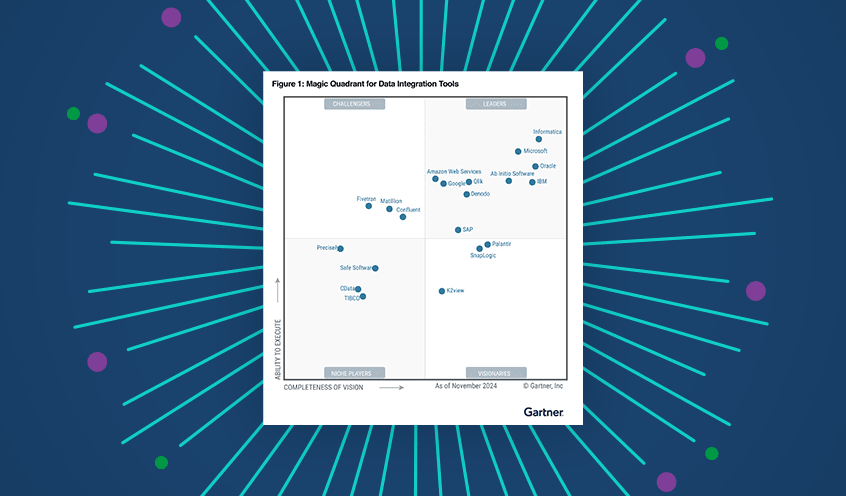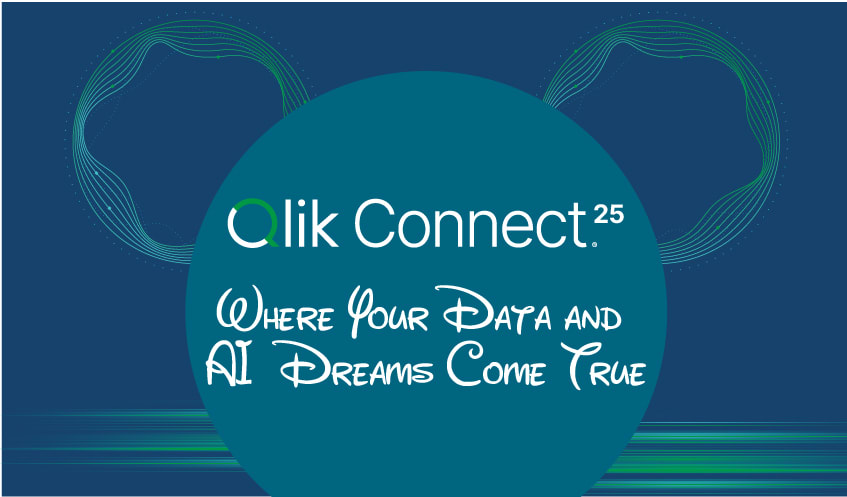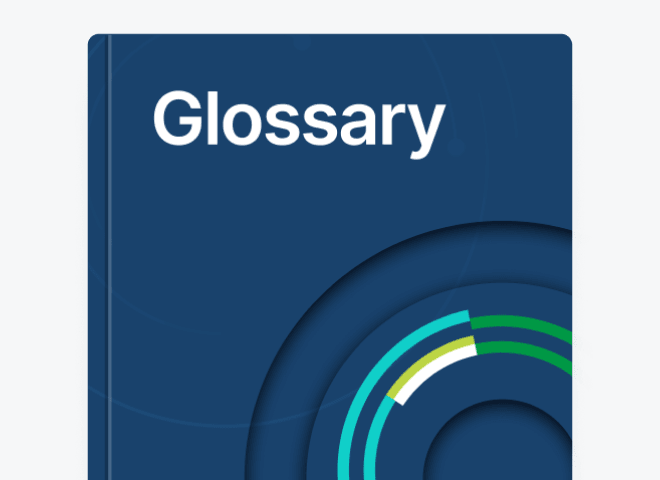Asking the right questions of your data and knowing what you are looking to find is a critical component for gaining insights from your data that drive specific actions. Data is not black and white; there is so much you can do with it. Accordingly, two people with the same data can come up with very different insights. This is because so much depends on the specific problem to be solved and the approach you take to solve it.
Perhaps, counter-intuitively, this process starts with questions, not answers. We don’t actually learn anything unless we truly question it. Most schools use a paradigm where they teach kids to answer questions asked by their teachers, but they don’t teach them how to question. The outcome of this is it forces kids to learn only facts.
There are two things that are wrong with that approach. First, we live in a world today where facts and other information are in abundance and are immediately accessible. We no longer have to find the nearest encyclopedia to look something up. We have this at our fingertips. In fact, we have much more information available at our fingertips, from many more sources, and some of those sources are either missing critical context or are not accurate. If we do not have the skills to question the information, we end up believing the information and insights are true when they are not.
What then are some key things we can do to help people ask the right questions when they are looking to gain insights from data?
Start With the Problem – Not the Data
Most people work with data backwards. They begin with the data they have available, then leverage a set of tools and analytic techniques, and come out with some insights. The problem with this is they end up using very simple, closed and leading questions, which then leads to uninteresting insights. When you build a house, you don’t start building before you think about the requirements for the house, and then build a blueprint. Starting with the data, without doing much preliminary questioning and thinking, will give you the same results as building a house without any requirements. This is one reason why people who are good at questioning use systems thinking. The starting point has to be the full problem from a systems perspective – not the tools or what transformations to apply to the data.
Identify the Right Key Performance Indicators (KPIs) Ahead of Time
Ideally, organizations have already established a measurement framework with the proper objectives and KPIs before they even look at the data. If they haven't, they won't be able to ask the right questions, as they will be too focused on metrics, which may be irrelevant or not important to the situation or the organization.
Question Not Just the Data, But Also the Assumptions
Use a Questioning Framework
Although there are certainly plenty of wrong answers, there are not nearly as many wrong questions. Be inquisitive, approach problems with a 360-view in mind, continually ask why, what, who and how – simply producing something by rote or formulaic command won’t get you to the insight you need. Embrace the art of questioning.
To learn more about how Qlik can help you improve your questioning skills, as well as other related data literacy skills, click here.
Asking the right question is an artform. @Qlik's @KevinHanegan makes the point that asking is more important than answering -- and there are multiple approaches to inquiring, particularly about #data, to get answers you need.
In this article:
Industry Viewpoints













































